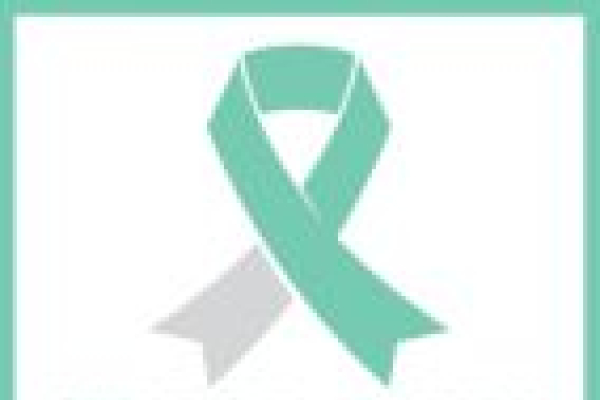January 14, 2020
Oneida County Stresses Importance of Vaccination & Screening to Cancer Prevention

January is Cervical Health Awareness Month
January is Cervical Health Awareness month, and Oneida County is stressing the importance of regular vaccination and screening in the prevention of cancer.
The American Cancer Society estimated that in 2019 more than 13,000 cases of invasive cervical cancer would be newly diagnosed, with more than 4,200 women dying of cervical cancer in the United States alone. Cervical cancer can be prevented. How? Through the HPV vaccine and regular cervical screenings.
“As awareness is raised on cervical health this month, we must do all we can to protect the health of the women in our communities,” said Oneida County Executive Anthony J. Picente Jr. “Many forms of cancer, including cervical cancer, can be prevented simply through screenings and vaccinations. I urge those in danger of contracting this disease to take the steps necessary to safeguard themselves from unnecessary harm.”
Persistent HPV (Human Papillomavirus) infection is a primary cause of cervical cancer along with other types of cancer that affect both women and men. Approximately 8 out of 10 people will get an HPV infection in their lifetime. There are ways to protect yourself and your children from this dangerous virus.
One of the easiest ways to prevent HPV from developing into cancer is through vaccination. The HPV vaccine has been shown to be 90% effective in preventing cancers caused by HPV. The American Academy of Pediatrics recommends the HPV vaccination for both females and males between the ages of 9 and 12, as vaccinations are more effective before any exposure to the virus.
HPV is one of the most common sexually transmitted infections in the United States. If you are a parent of a pre-teen, talk to your doctor about the HPV vaccination. The Centers for Disease Control also recommends men and women up to the age of 26 get the HPV vaccination.
Having regular screenings for cervical cancer can greatly reduce the risk of developing cervical cancer. Between 1975 and 2015, the rate of cervical cancer diagnoses and deaths have each decreased by approximately 50%, partially due to increased screenings.
Pap smears can detect abnormal, pre-cancerous cells and the HPV test can detect the presence of the HPV virus in these cells. If detected early enough, treatment can be provided before cancer develops.
“There are often no symptoms in the early stages of cervical cancer,” said Phyllis D. Ellis, BSN, MS, FACHE, Director of Health in Oneida County. “Early detection is key. Cervical cancer screenings are recommended to begin for women at the age of 21. Women should continue to have regular screenings which may include HPV testing through the age of 65. You should talk to your doctor to determine what plan of action is best for you.”
The Cancer Prevention in Action program will be hosting multiple educational sessions throughout Oneida, Madison and Herkimer Counties this year. If you are interested in hearing more about this program, the educational opportunities it offers in your community, or more about the HPV vaccine as cancer prevention, contact 315-798-5483 or visit www.TakeActionAgainstCancer.com.
For more information about cervical cancer, visit: http://takeactionagainstcancer.com/hpv/ and www.cdc.gov/hpv/parents/whatishpv.html









